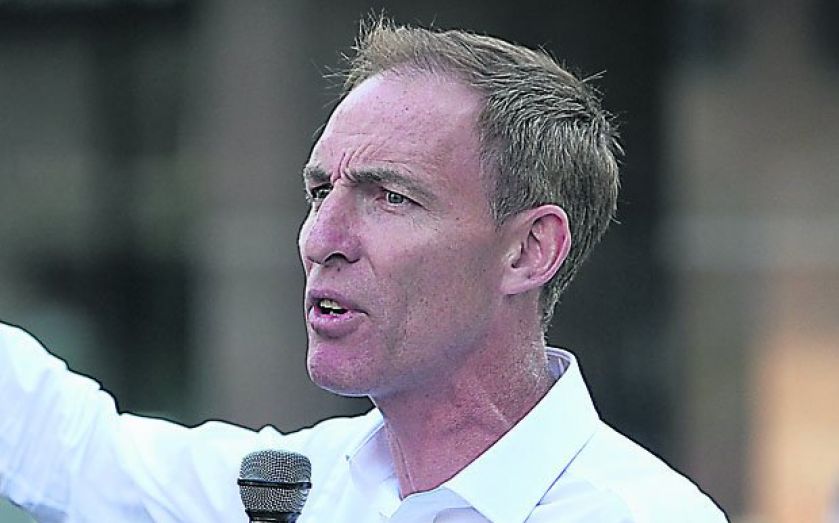Independent Scotland will start life with a 6.4pc deficit, say economists

An independent Scotland could face a fiscal crisis at the moment of its birth, economists warned today, just 10 days ahead of the referendum.
The new state would run a budget deficit of at least 6.4 per cent, according to the Centre for Economics and Business Research (CEBR).
As a result the government would have to issue £9bn of bonds in its first year, which might not be bought by cautious markets.
“The bonds would certainly have to be sold at a substantial interest rate premium by the new government if indeed they could be sold at all, which could be problematic given the negativity towards independence in financial markets,” said CEBR chairman Douglas McWilliams.
“It is deeply ironic that Scotland might even start its independence already in the hands of the International Monetary Fund.”
Sterling fell last week as opinion polls showed the Yes campaign gaining ground.
And a YouGov survey yesterday showed 51 per cent of decided voters want to quit the union – the first time the independence campaign has been in the lead.
“The markets hate uncertainty, and it is now highly uncertain whether there will be a Yes or No vote in the Scottish referendum,” said Howard Archer at IHS Global Insight.
Shares in firms based north of the border have also slid this week, and banks like Lloyds and RBS can expect a further hit following the latest polls.
“A Yes vote could cause some serious short-term pain. Uncertainty about currency arrangements and the status of Scotland in the EU would spike immediately,” said Berenberg Bank’s Robert Wood.
“Long-term, Scotland would be forced into austerity. For the rest of the UK, losing relatively pro-EU Scotland would raise the risk of Brexit from the EU as well as questions what it could mean for the outcome of the May 2015 general election.”